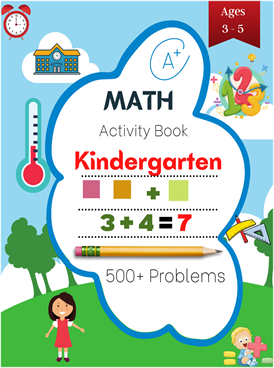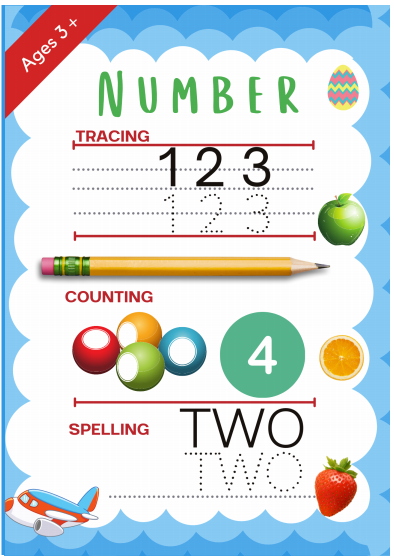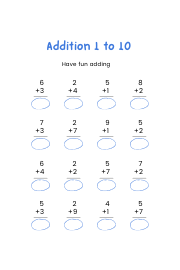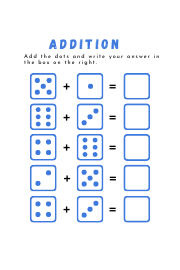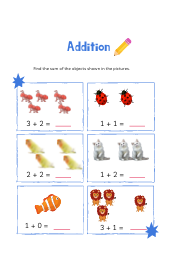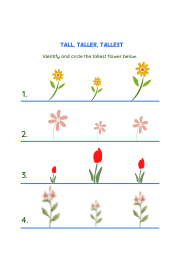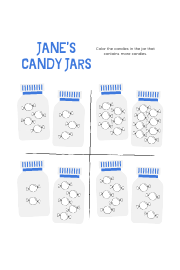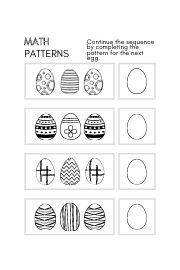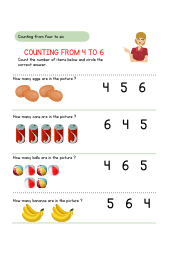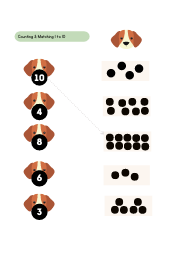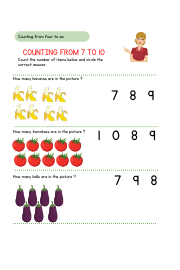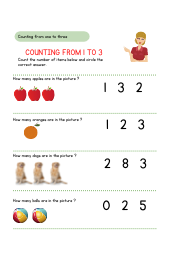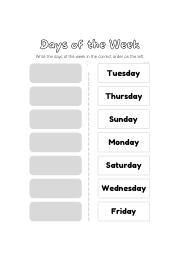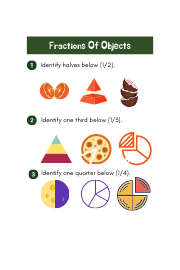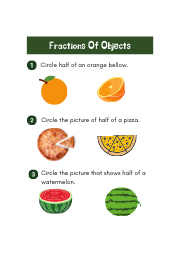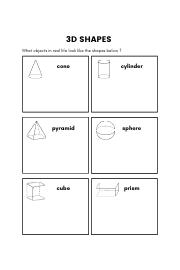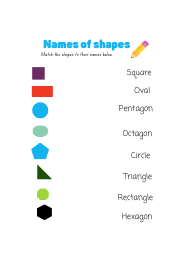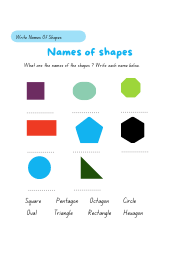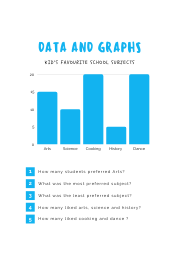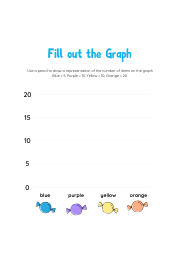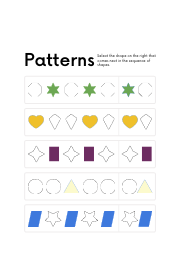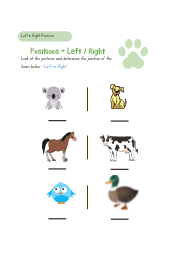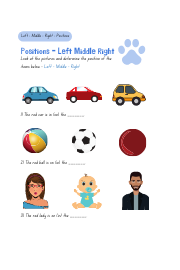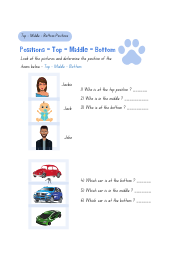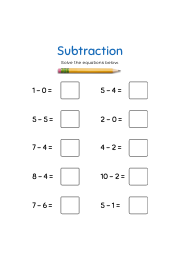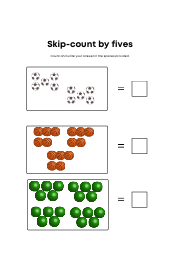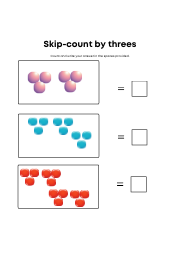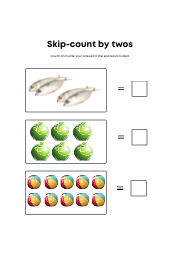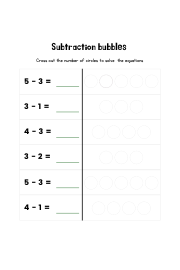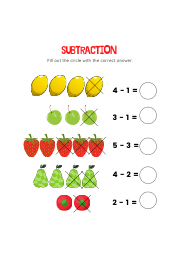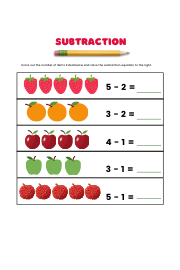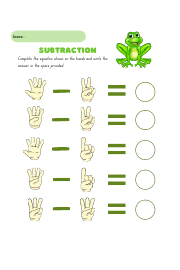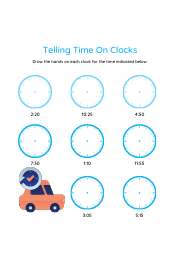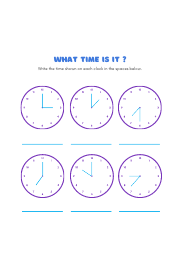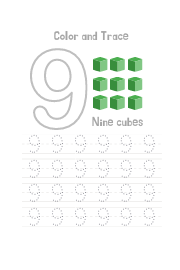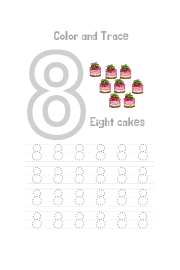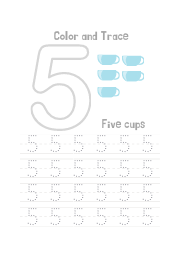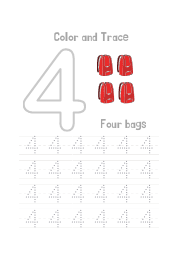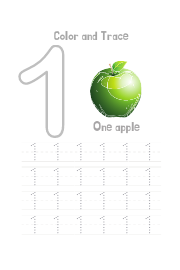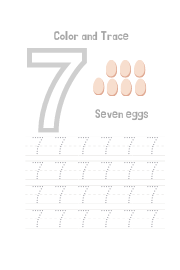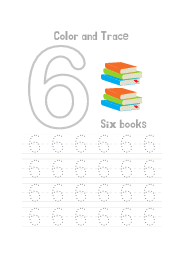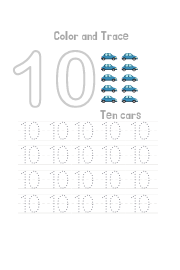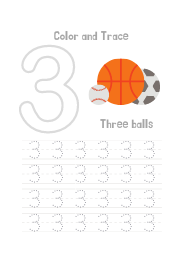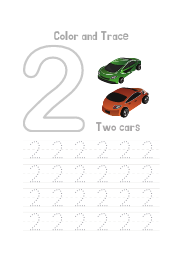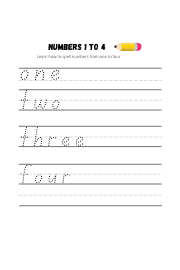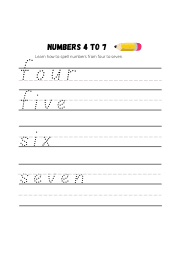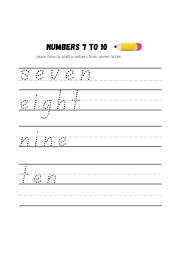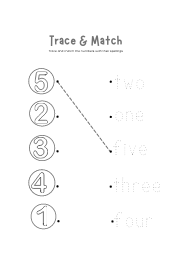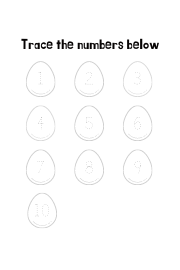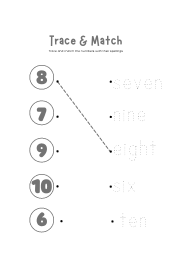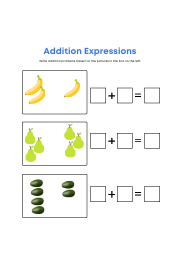For Kindergarten Math Worksheets | Activity Sheets for Kindergarten Math | Kindergarten Maths Worksheets
The early years of a child's life are a crucial period for learning and development. During this time, they start to explore the fascinating world of mathematics, and it's essential to provide them with the right tools to build a strong foundation. One such tool that has proven to be highly effective is the kindergarten math worksheet. In this blog post, we'll delve into the significance of kindergarten maths worksheets, the different types available, and how they can be optimized for your child's learning journey.This page offers free printable math worksheets for kindergarten. These worksheets are of the finest quality. Follow the links below to download | kindergarten math worksheets pdf free | math worksheets for kids | free kindergarten math worksheets | Math Worksheets for 5 year olds | activity sheets for kindergarten math | new - Check out our cursive writing free pack here >>
The Significance of Kindergarten Maths Worksheets
Kindergarten maths worksheets might seem like simple pieces of paper with numbers and shapes, but they play a vital role in early childhood education for several reasons:
1. Skill Development
These worksheets are carefully designed to target specific math skills, such as counting, number recognition, addition, subtraction, shapes, and patterns. By engaging in these activities, children develop a strong foundation in these essential skills.
2. Cognitive Development
Math worksheets offer more than just math practice; they also enhance a child's cognitive abilities. These worksheets encourage problem-solving, critical thinking, and logical reasoning, skills that are valuable throughout their academic journey and beyond.
3. Confidence Boost
Completing math worksheets can be a confidence booster for young learners. Successfully solving problems and completing tasks instills a sense of accomplishment, making children more confident in their math abilities.
4. Readiness for School
Kindergarten maths worksheets are designed to prepare children for the challenges they'll face in elementary school. They introduce fundamental math concepts and terminology, ensuring that children are well-prepared for their academic journey.
Types of Kindergarten Maths Worksheets
Kindergarten maths worksheets come in various types, catering to different learning styles and preferences. Here are some popular types:
1. Counting Worksheets
Counting worksheets focus on teaching children how to count numbers, both forwards and backward. These worksheets often involve activities like counting objects, filling in missing numbers, and connecting numbers to their corresponding quantities.
2. Number Recognition Worksheets
Number recognition worksheets help children identify and write numbers correctly. These worksheets include exercises like matching numerals to their names and tracing numbers.
3. Addition and Subtraction Worksheets
These worksheets introduce basic addition and subtraction concepts using visual aids and simple problems. They help children understand the concept of combining and taking away.
4. Shapes and Patterns Worksheets
Shapes and patterns worksheets teach children to identify and draw shapes and recognize patterns. These activities improve spatial awareness and logic.
5. Measurement and Comparison Worksheets
These worksheets help children learn about measurement units like length, weight, and volume. They also teach them how to compare objects based on these measurements.
6. Time and Money Worksheets
Time and money worksheets introduce children to the concepts of telling time and understanding currency. These skills are essential for daily life.
Optimizing Kindergarten Maths Worksheets for Learning
Creating or selecting the right kindergarten maths worksheets can significantly impact a child's learning experience. Here are some tips for optimizing these worksheets:
1. Age-Appropriate Content
Ensure that the worksheets are suitable for your child's age and developmental stage. Avoid overwhelming them with concepts that are too advanced.
2. Visual Appeal
Use colorful images, engaging illustrations, and relatable themes to capture a child's attention. Visual appeal can make learning more fun and memorable.
3. Clear Instructions
Provide clear and simple instructions for each activity. Make sure the child understands what is expected of them.
4. Variety of Activities
Include a variety of math activities to keep the learning experience engaging and diverse. Mix counting, coloring, tracing, and problem-solving exercises.
5. Progression
Arrange worksheets in a logical order, gradually increasing the level of difficulty. This allows children to build on their skills step by step.
6. Incorporate Play
Integrate play-based learning into worksheets. Use games, puzzles, and interactive activities to make math enjoyable.
Finding Kindergarten Maths Worksheets
To access a wide range of kindergarten maths worksheets, consider the following sources:
1. Educational Websites
Numerous websites offer free and paid worksheets for various grade levels. Look for reputable educational platforms that align with your child's curriculum.
2. Educational Apps
Many educational apps provide interactive math worksheets that are engaging and user-friendly. These can be accessed on tablets and smartphones.
3. Workbooks
You can purchase math workbooks specifically designed for kindergarten math. These workbooks often follow a structured curriculum.
4. Local Schools and Libraries
Local schools and libraries may have resources or recommendations for kindergarten maths worksheets.
Conclusion: Kindergarten maths worksheets are powerful tools for nurturing a child's mathematical abilities from a young age. Whether you're a teacher or a parent, these resources can have a profound impact on a child's educational journey. From counting to problem-solving, kindergarten maths worksheets cover a wide range of math concepts while making learning enjoyable. So, why not explore the world of kindergarten maths worksheets today and set your child on the path to mathematical success?
Math Worksheets For Kindergarten - Essential for Success
Welcome to our page on Math Worksheets for Kindergarten! Math is an essential subject that lays the foundation for many critical skills, including problem-solving, logical reasoning, and analytical thinking. As such, it is crucial to introduce math concepts early on in a child's education. Our kindergarten math worksheets are designed to help young learners develop their math skills while also making learning fun and engaging.
Our Math Worksheets for Kindergarten cover a wide range of topics, from counting and number recognition to basic addition and subtraction. Our worksheets are designed with colorful illustrations, making it easier for children to understand and retain information. We believe that learning math should be an enjoyable experience, and our worksheets are designed to foster a love for math in young learners.
Whether you are a parent, teacher, or homeschooling parent, our Math Worksheets for Kindergarten are a valuable resource for helping young learners build a strong foundation in math. With our worksheets, children will gain the confidence and skills needed to excel in math as they progress through their education. So, let's dive into the world of math with our Kindergarten Math Worksheets!
Free printable worksheets for kindergarten
This page features a collection of kindergarten math worksheets pdf. Each link takes you to a printable sheet on the clicked topic. Free kindergarten math worksheets offered here go with no strings attached, no subscriptions are needed to download a complete pack to create your own ebook. You will notice that our worksheets are highly illustrated and contain pictures in most cases that children can relate to. Given that this is an early stage of learning, it is important to use objects and pictures that are catchy. Resources that feature on this page include the following: kindergarten addition worksheets - With these worksheets, children will learn how to add two numbers from one to ten and above. Children will also learn how to add and carry numbers forward. We also have addition word problems in which children are required to apply the skills learned in real life situations. There are also activities in which children learn to add three numbers either with or without regrouping. The skills learned will build a solid foundation for more advanced addition problems that will be studied in higher levels. This page also contains subtraction worksheets for kindergarten in which children will learn basic tricks of subtraction. There are worksheets which initiate children to the concept using colorful pictures of objects like toys and fruits or shapes that are cancelled out to show different subtraction scenarios. Additionally children will learn how to subtract above ten; in some cases children will learn how to subtract while borrowing across places. After laying this foundation, children will learn how to apply such skills in subtraction word problems. Children will also have the opportunity to improve their counting skills with our counting worksheets for kindergarten which feature worksheets having objects and shapes that teach children how to count and fill out the correct answer. Children will also learn counting and spelling numbers through tracing worksheets. We teach counting in a variety of ways, children will learn to count forward and backward, find missing numbers in a series and more. Children will also learn how to read time on clocks through our time worksheets for kindergarten containing various times shown on different clock faces. Telling time is an interesting activity which kids may find fun if well taught. We offer a multitude clocks mostly telling time to the hour or thirty minutes past. We also have ordinal numbers worksheet for kindergarten in which children learn the positions of objects referring to them as 1st, 2nd, 3rd, 4th, etc. This skill comes in handy for several competitive activities which children practice during the course of their school years. It gets a bit more complex with counting as will be seen in our place value worksheets for kindergarten in which children learn that combing two or more numbers in one number makes them to carry different weights in value. For example, in 66 the two numbers don’t carry the same weight because they contain different places. Hence children will learn about places in our tens and ones worksheets for kindergarten. Our resources don’t end here, we also learn how to represent data graphically using our kindergarten graphing worksheets in which children will learn how to interpret bar graphs and linear graphs. If you thought graphs was a very interesting topic at this level, then wait until you start learning patterns using our pattern worksheet for nursery which contains different types of patterns like: growing patterns, increasing patterns and repeating patterns. Children will be asked to find the next pattern in a growing series. Other aspects we considered in creating our worksheets are the seasons and holidays, hence we created a Halloween worksheet for kindergarten section which you can find in our collection. The surprises are many and although multiplication is a more advanced skill for this level, we also have a multiplication worksheets for kids section. Feel free to download all the worksheets in this page for use your class.
Worksheet for kindergarten math
Worksheets can be a valuable tool for teaching math to kindergarten students. They provide a structured way for students to practice skills and reinforce concepts, and they can also help teachers assess their students' understanding. However, it's important to use worksheets appropriately and to supplement them with other types of activities and instruction. Here are some tips for using worksheets effectively in a kindergarten math classroom: Use worksheets as a supplement, not a replacement. While worksheets can be a useful tool, they should not be the only way that students learn math. It's important to also incorporate hands-on activities, manipulatives, and real-world problem solving into your instruction. Make sure the worksheets are developmentally appropriate. Kindergarten math covers a wide range of skills, and it's important to choose worksheets that are appropriate for your students' abilities and level of understanding. Look for worksheets that introduce one or two new concepts at a time, rather than overwhelming students with too much information. Introduce new concepts through hands-on activities first. Before introducing a new concept through a worksheet, try introducing it through hands-on activities or manipulatives. This will help students develop a deeper understanding of the concept and make the worksheet more meaningful. Use worksheets to practice skills, not just to introduce new concepts. Once students have a basic understanding of a concept, worksheets can be a useful tool for reinforcing their understanding and helping them practice the skill. However, it's important to mix up the types of problems they are working on to keep things interesting and avoid boring them. Encourage students to explain their thinking. While worksheets can be a useful tool for practice, they should not be used as a way for students to simply fill in the correct answer. Encourage students to explain their thinking and reasoning as they work through the problems. This will help them develop their problem-solving skills and deepen their understanding of the concepts. Use worksheets as a formative assessment tool. Worksheets can be a useful way for teachers to assess their students' understanding of a concept. Look for patterns in student responses and use this information to adjust your instruction and provide additional support as needed. Mix up the format of the worksheets. To keep things interesting, try using different formats for your worksheets. For example, you might use a mix of multiple choice, fill-in-the-blank, and open-ended questions. You could also incorporate games, puzzles, and other interactive elements into your worksheets. In summary, worksheets can be a valuable tool for teaching math to kindergarten students, but it's important to use them appropriately and supplement them with other types of instruction and activities. By following these tips, you can effectively use worksheets to support your students' learning and development in math.
Strategies For Teaching Kindergarten Math
Teaching math to kindergarten students can be a challenging task, but by using certain strategies, it can be made fun and engaging for young learners. Here are some effective math strategies for teaching kindergarten:
-
Hands-on Learning: Hands-on activities are a great way to help kindergarten students understand math concepts. Manipulatives, such as counting bears, base ten blocks, and geoboards, can be used to help students visualize and understand mathematical concepts.
-
Use Real-Life Examples: Using real-life examples can make math more relatable and interesting for kindergarten students. For example, when teaching about measurement, you can use objects from the classroom or the students' own belongings to show them how to measure length, weight, and capacity.
-
Incorporate Movement: Kindergarten students are often full of energy, and incorporating movement into math lessons can help them stay engaged and focused. For example, you can have students hop or jump to represent a specific number or have them count steps while walking around the room.
-
Incorporate Music and Rhymes: Incorporating music and rhymes into math lessons can make the material more memorable and fun for kindergarten students. For example, you can use songs to help students learn number recognition, counting, and addition.
-
Use Technology: Technology can be a great tool for teaching math to kindergarten students. Educational apps and interactive whiteboards can provide a fun and interactive way for students to learn math concepts.
-
Provide Positive Reinforcement: Positive reinforcement is key in keeping young learners motivated and on task, so it is important to provide specific and meaningful praise when students demonstrate understanding or improvement in math skills.
Overall, teaching math to kindergarten students can be a challenging task, but by using hands-on activities, real-life examples, movement, music, technology and positive reinforcement, it can be made fun and engaging for young learners, and help them develop a strong foundation in math that will last throughout their education.
A Math Video On Kindergarten Teaching Strategies
- Halloween worksheet for kindergarten
- Place value worksheets for kindergarten
- Ordinal numbers worksheet for kindergarten
- Time worksheets for kindergarten
- Counting worksheets for kindergarten
- Subtraction worksheets for kindergarten
- Kindergarten addition worksheets
- Kindergarten patterning worksheets
- Color by numbers for kindergarten
 Special Sections
Special Sections
 Comparisons Worksheets
Comparisons Worksheets
- Comparisons - Bigger or smaller, taller or shorter
- Comparing - heavy, light, longer or shorter objects
- Comparison big vs. small
- Comparisons of mixed items in the house
- Comparing objects with superlatives
- Differentiating objects - Largest/ heaviest - superlatives
- Comparisons using more or less
- Comparisons - Tall or Short
 Counting numbers and objects from 1 to 20
Counting numbers and objects from 1 to 20
- Counting objects - animals and insects
- Arrange numbers in ascending order.
- Colour numbers1 2 and 3- number recognition
- Counting objects1 2 and 3
- Counting objects 1 2 3 4 and 5
- Counting objects1 to 10
- Counting objects in twos
- Tracing numbers - 1 2 and 3
- Counting objects from 1 to 10
- Missing numbers 1 to 10
- Missing numbers from 1 to 20
- Number line from 1 to 10 - Which number comes before 3?
- Missing numbers from 1 to 20
Kindergarten math lessons include learning how to count by ones, twos, threes, fours, fives, sixes, sevens, eights, nines, tens, hundreds, thousands, millions, billions, trillions, quadrillions, quintillions, etc.
These worksheets will help kids practice these skills while having fun!
Kids love playing with numbers, so why not use them to learn some basic math skills? This set of kindergarten math worksheets includes activities that focus on counting, addition, subtraction, multiplication, division, measurement, and more. Each activity has a different theme, such as animals, colors, shapes, food, and more.
To start off, let’s talk about how to count with objects. In order to do this, you need to first identify what kind of object you are dealing with. If you are counting something that moves, then you will need to make sure that you are able to see the object clearly. You also need to be able to touch the object, since you will need to feel its shape and size. Once you have identified the type of object you are counting, you should be able to determine whether it is one or two items.
Next, we will discuss how to add numbers together. This involves using the same process as counting, except that instead of identifying an individual item, you are looking at multiple items. So, when you are adding up more than one number, you will need to use the same steps as before. First, you will need to identify the total number of items you are adding. Then, you will need to find out how many of each item there are. Finally, you will need to multiply the number of each item by the price per item.
To subtract two numbers, first you will need to identify what the difference between them is. You do this by finding the total number of items minus the total number of items. Once you have identified the difference, you will then need to find out how much of each item is included in the difference. Finally, you will divide the difference by the total number of items to determine the percentage of each item in the difference.

